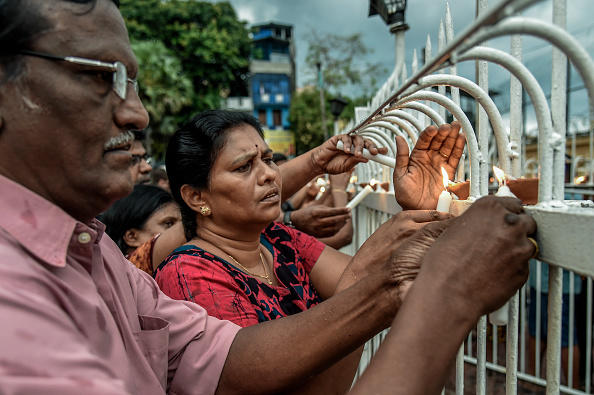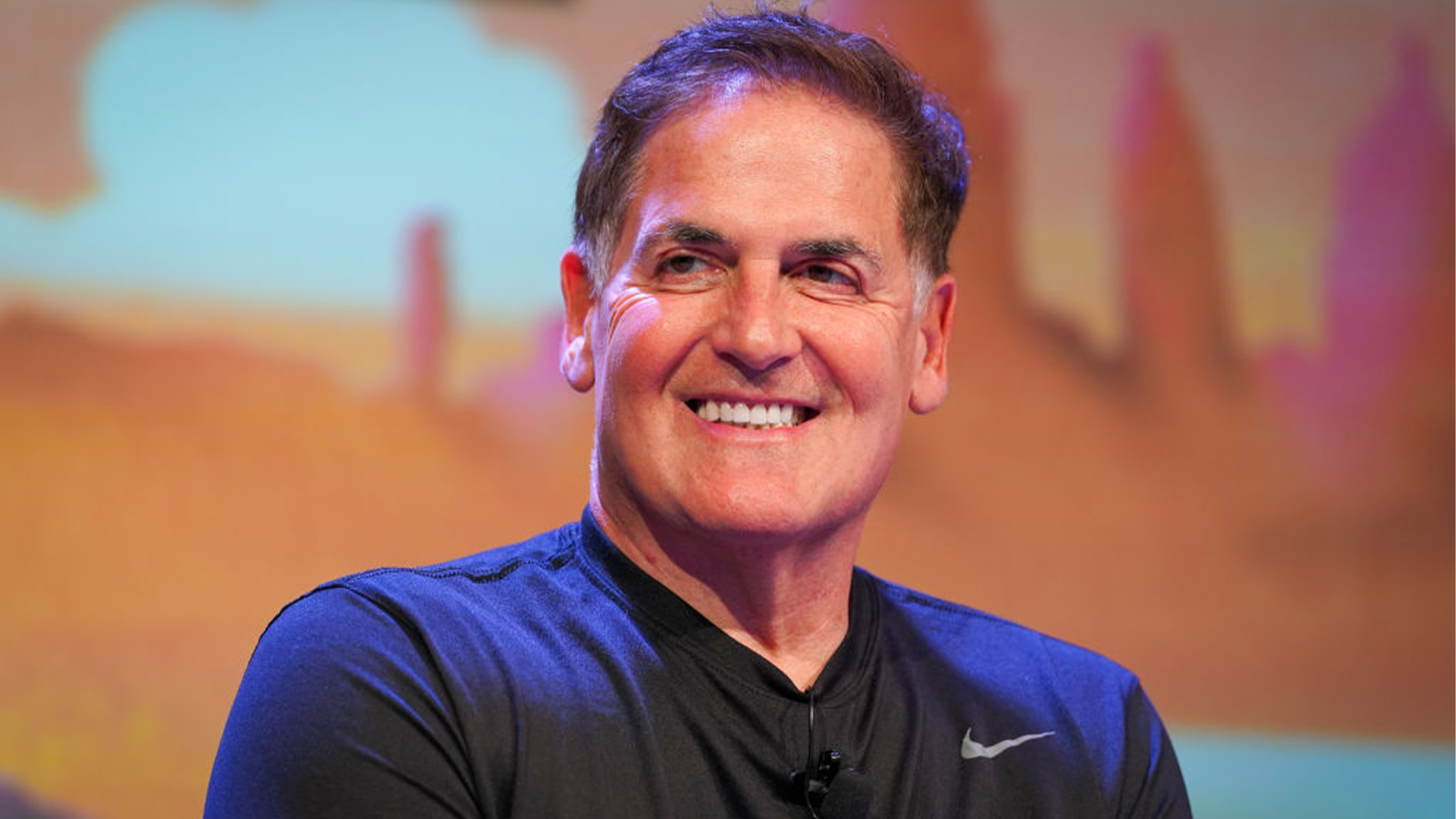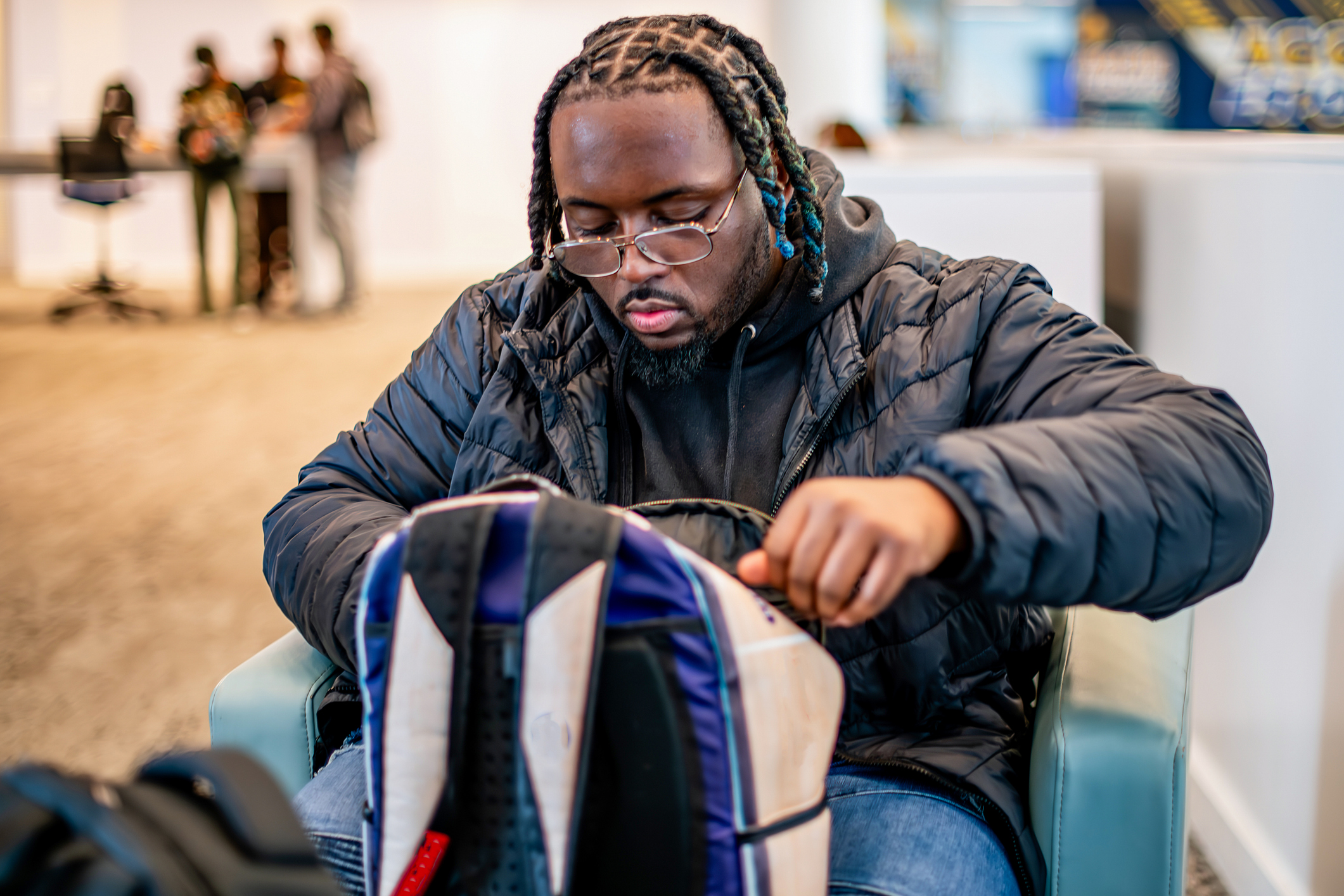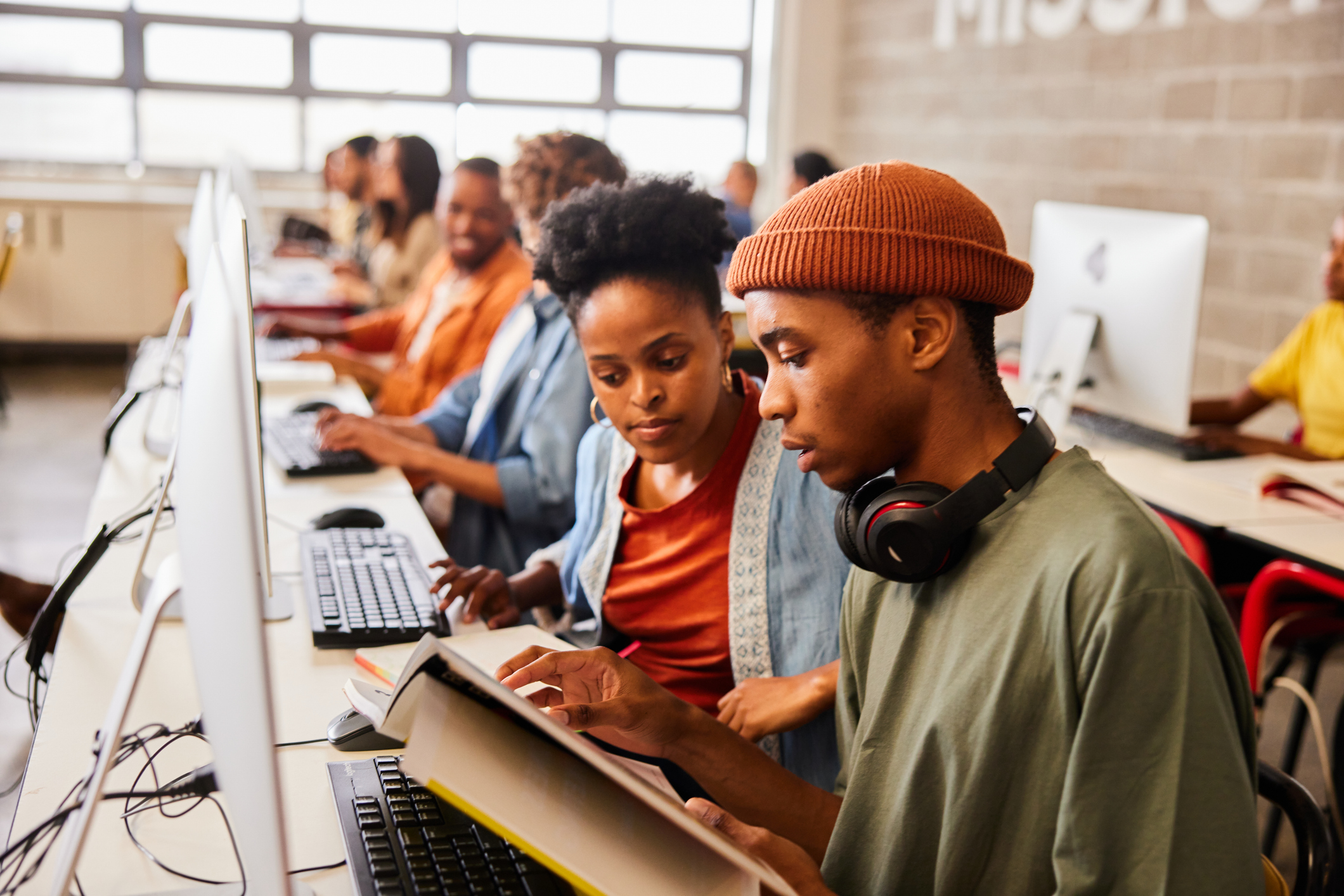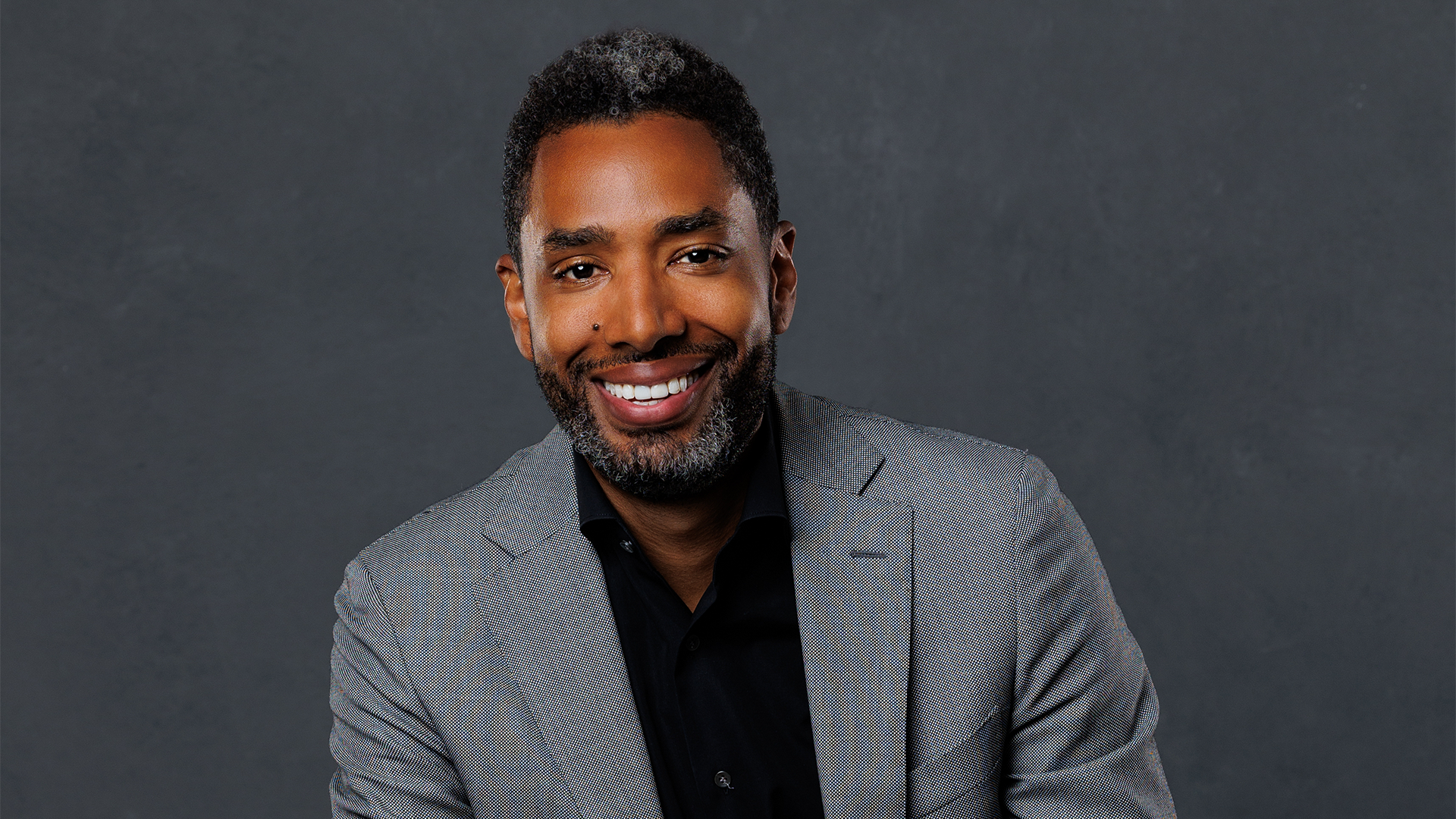The Sri Lankan government has shut down several social media platforms out of fear that misinformation could spread following the deadly attacks on Easter Sunday that killed 300 people and injured more than 500. Facebook, Whatsapp, Instagram, Youtube, Viber, and Snapchat, were all blocked in the country as of yesterday.
This is the second time Sri Lanka has shut down social media in the country. In March of last year, the country banned Facebook, WhatsApp, and Instagram for a week to impede the spread of hateful posts and comments toward Muslims during protests.
The move is part of a larger trend of big tech companies not being trusted to distribute reliable information or protect their platforms from being used for harm after a violent event.
Weeks ago following the New Zealand mass shooting which was live-streamed on Facebook, conspiracy theories and shared videos filled platforms. New Zealand’s government and social media platforms began taking down the videos. Plus, the government urged people to report social media posts, links, or websites displaying the video or manifesto.
Although 300,000 videos were successfully posted, Facebook said it blocked over 1.2 million of the videos before they were uploaded, in a Twitter thread.
Platforms like YouTube implemented new policies aimed at removing false content and violent images. However, the rate at which content is still shared is overloading platforms.
Banning social media is tricky for some. On one hand, the country is successfully stopping the spread of misinformation; however, this tactic could be applied to stifle free speech in other situations.
“People rely on our services to communicate with their loved ones and we are committed to maintaining our services and helping the community and the country during this tragic time,” Facebook said in a statement to Washington Post.
Facebook and other platforms are going to have to develop more in-depth policies and strategies in stopping misinformation. Until then, they can expect more blackouts from countries around the world.
